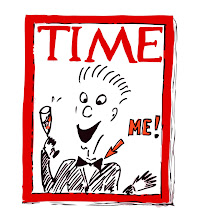"Friends-International believes that together we can protect marginalized children and youth and give them exciting opportunities to build their futures." Friends-International's key principles include:
"-Breaking the stereotypic images of pity and charity and promote empowerment, hope and transformation
-Making sure everything we do has a direct, positive impact on children
-Creating innovative, responsive and flexible initiatives to respond to issues facing marginalized children and youth
-Encouraging the participation of children and communities in all projects
-Creating international standards for the quality of services for children
-Being financially transparent and accountable
-Working with communities and families to help them to provide a safe, secure environment for children
-Supporting children and communities to become sustainable and reduce dependency"
This Cambodian child welfare organization began helping street children in 1994. It is a social enterprise that aims to "build their futures by:
-Protecting urban children and youth from all forms of abuse within the scope of the International Convention of the Rights of the Child
-Reintegrating marginalized urban children and youth so they become actively involved in the development of their society
-Preventing marginalized urban children and youth from engaging in risky behavior and/or dangerous situations that compromise their futures
-Improving the way organizations work by promoting innovative and effective approaches with the active participation of the children and youth
-Influencing all tiers of society to provide supportive environments and adopt positive behavior changes"
For more information on this important effort to help vulnerable youth through projects in Cambodia, Laos, Thailand, Indonesia, Honduras, Mexico, Egypt and Myanmar go to Friends-International's website.

